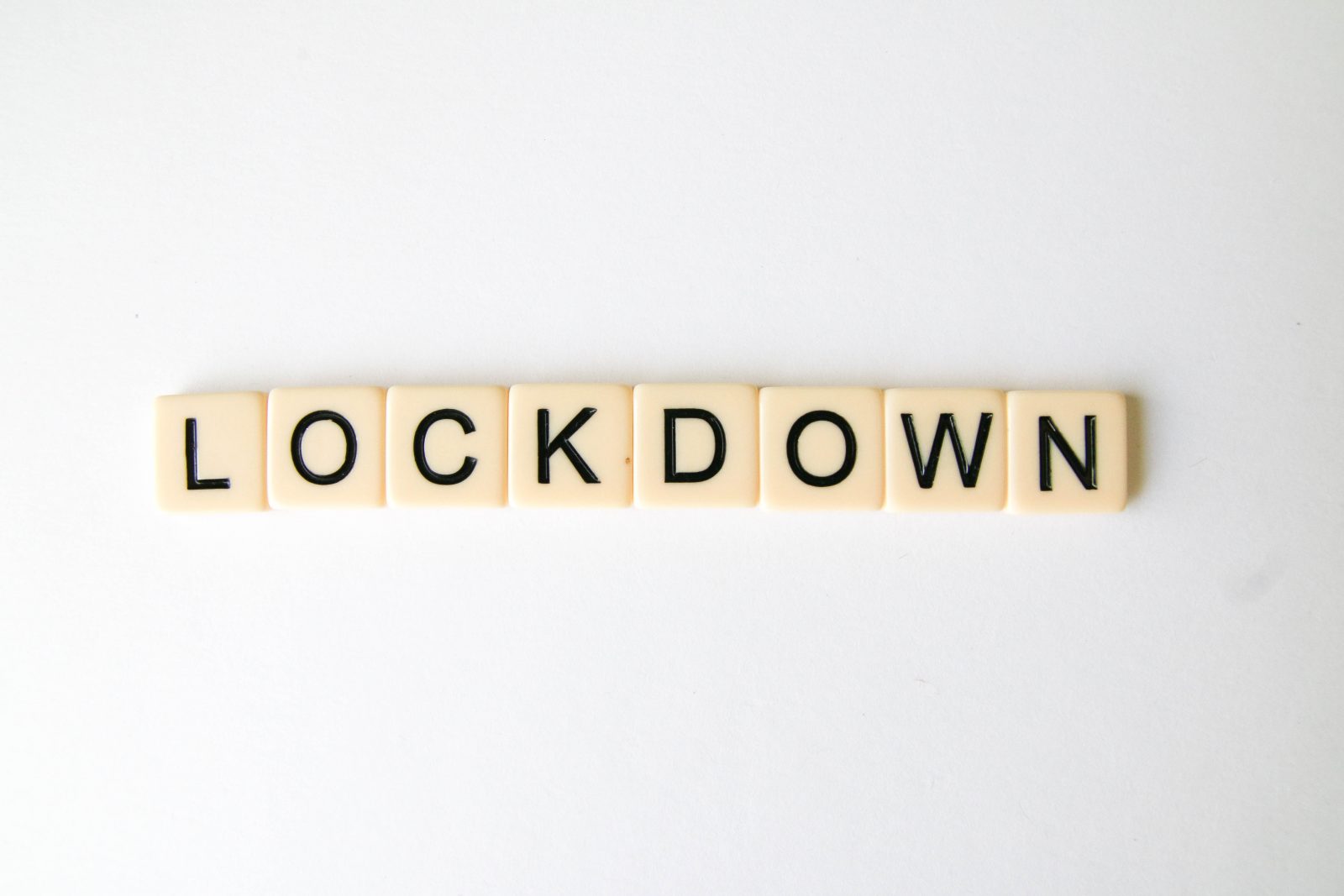Press Release: New Conservative
This is the question burning in most New Zealanders’ minds:
What are the key indicators for decision making? How many new cases are required for the lockdown to continue? How many deaths? What is the plan when the lockdown ends?
We understand that the government is dealing with a huge amount of information and challenges, however, we the people need to know the plan, the process, and have a clear indication of what is determining the future of our nation and our people.
Covid-19 has killed an estimated 42,000 people between January 1 and midday April 1 2020 out of 14.7 Million deaths worldwide. Nearly 30,000 people will die from hunger, TODAY, and we have so far this year aborted over 10 Million human children
US statistics show that for every 1% rise in unemployment, mortality rises by 38,000 a year because of death from despair through cardiac arrest, suicide etc. That number equates to 500 per year in NZ. If we end up with a 10% rise in long term unemployment, the effect of that will far outweigh the effect of this virus in the coming years. Whole economies are shut down which means more people will starve, more will become depressed and suicidal, and it is highly likely that more people will abuse drugs and alcohol.
Live statistics from worldometers.info make for sober reading. 121,000 seasonal flu deaths so far this year. 1.9M deaths of children under 5 this year 3.3M deaths from communicable diseases this year 627,000 deaths from alcohol this year worldwide (our government has designated alcohol sales as an essential service when for every Covid 19 death there have been 15 alcohol-related deaths)
In light of these readily available facts, again, how long should the lockdown last?
We understand that the answer to this is dependent on the statistics, but we the people must know what those indicators are and how we are tracking to plan for the future. We must know that the statistics are presenting an accurate picture of reality.
If statistics continue to show that it is mainly the elderly and those with pre-existing conditions that are worst affected, then it is a reasonable balance to implement the following as a first step toward normality:
Limit the lockdown to four weeks, unless we see a dramatic increase in the serious infection of those considered least vulnerable, so that the general population can return to some normality. All people over 70 to remain in isolation. All people with existing health conditions to remain in isolation. Testing capabilities increased and result return times decreased.
Anyone entering New Zealand will be tested and kept in quarantine until test results are received. All businesses that can operate with minimal personal contact will be allowed to open. All people in New Zealand will be strongly encouraged to wear face masks as this reduces the quantity of the virus which means you get a smaller dose. The smaller the dose the more opportunity your body has of developing immunity without severe symptoms.
Butchers, grocers, fishmongers, market gardeners and bakeries should be allowed to open as long as they have contactless point of sales. Anyone who is physically healthy will be allowed to return to work. Strict hygiene will be maintained and social distancing will continue to be observed.
All emergency service personnel that interact with people will use PPE, (masks, gloves etc) including the police. Increased efforts and resources will be implemented to track and trace those with the virus and where they have been. Covid-19 is horrible, but as we have seen with previous outbreaks, such as SARS, Swineflu and MERS, projected deaths were severely over-estimated and implementing good hygiene practices controlled the virus, allowing life to continue.
The government has the unenviable task of answering:
“When does the effect of the lock down become more detrimental to the nation than the virus itself, and, how do we effectively mitigate the effect of both?”
Post-lockdown we all need to shop, source, and holiday locally to help our smaller businesses recover. This is a time when we need to work as a community.

